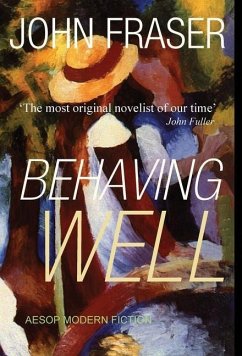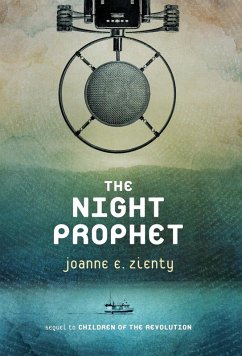
The Beach
Versandkostenfrei!
Versandfertig in über 4 Wochen
22,99 €
inkl. MwSt.

PAYBACK Punkte
11 °P sammeln!
The Beach consists of two new tales from John Fraser What is a human life worth? If you save someone's, what is it worth to you - and if you seek a reward, how do you get it, whatever it may be? Is that life, perhaps, the only valuable thing there is, that has value only to the person who wins twice - getting their life back, and not having to give a reward? The characters in The Beach seek answers to this question - what is a life? what worth does it have? - travelling through many remote places and civilisations. Memoirs, Memorials examines a devious spy - a spy on the secrets of life. If sa...
The Beach consists of two new tales from John Fraser What is a human life worth? If you save someone's, what is it worth to you - and if you seek a reward, how do you get it, whatever it may be? Is that life, perhaps, the only valuable thing there is, that has value only to the person who wins twice - getting their life back, and not having to give a reward? The characters in The Beach seek answers to this question - what is a life? what worth does it have? - travelling through many remote places and civilisations. Memoirs, Memorials examines a devious spy - a spy on the secrets of life. If saving lives accumulates confusions, a heap of partial, disparate conclusions - what is a life of duplicity, fiddling, false witness and falsity in general, worth? It seems a fiction, in which someone writes all the parts and is the hero/heroine. Is it meaningless, to be condemned, or is it victimless, as victimless as ordinary, straightforward relationships and personalities - with their bad marriages, bad bargains failures, catching infections from partners who should know better?












